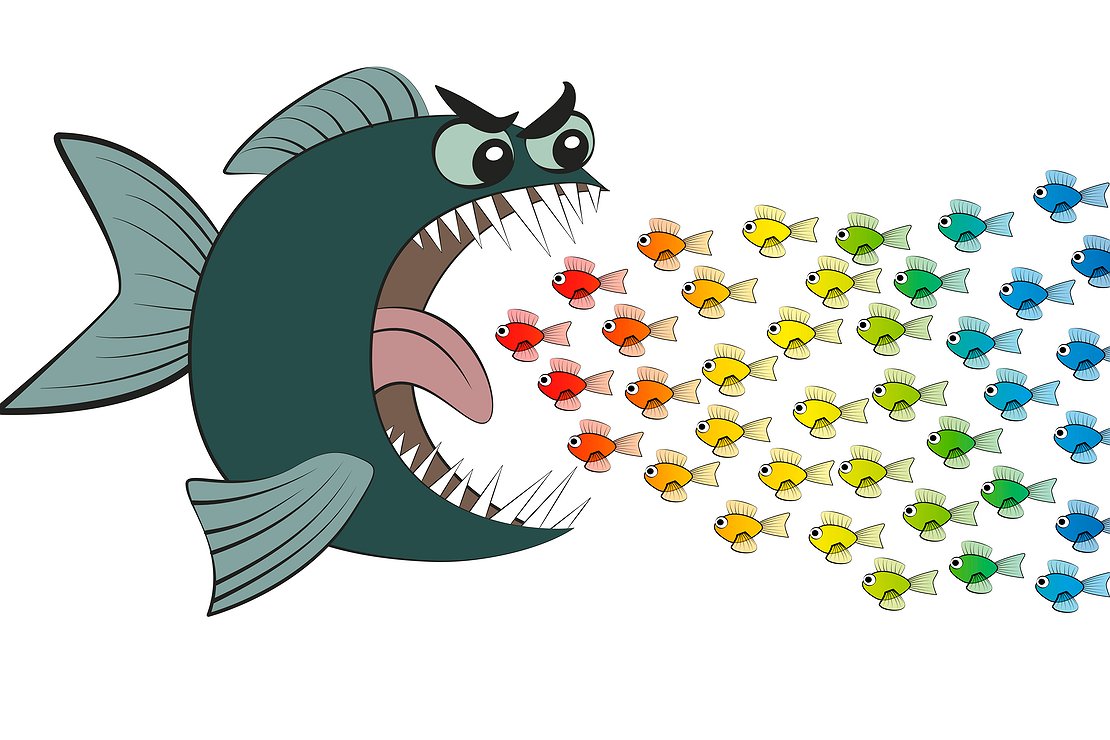
A guide to realism:The Alternative to Manic-Depressive Insanity
Anyone who is socialised in Central Europe today almost inevitably suffers from an essential mental problem: ‘naivety.’ After three generations of peace, under the all-round protection of the welfare state and with the overall economic prosperity that has so far allowed every major problem to be tackled with public money, Central Europeans have largely lost touch with reality in the world. This attitude is supported by the press and an educational system that educates people to a naïve view of the world. Large sections of the population maintain the principle of naivety as a principle of life.
‘Naivety’ can be congenial. Naivety and goodness of heart often go together, as do cynicism and intelligence. Just as cynicism can be a consequence of intelligence, because one is not able to deceive oneself about reality, naivety can be the prerequisite for goodness of heart. As German humorist, poet, illustrator and painter Wilhelm Busch (1832-1908) says: “Oftmals paaret im Gemüte Dummheit sich mit Herzensgüte.” (“Often stupidity in the mind pairs itself with goodness of heart.”) It is much easier to like people as long as one is not aware of the truth of human nature. What can be quite charming on a personal level, namely a certain philanthropic naivety, is a considerable danger on a political level.
However, a society that consists only of Machiavellians is just as unattractive as a society in which the guidelines of politics are based on Carrie Careless' world view. It's the mix that does it. As long as every good-hearted, naïve and idealistic Carrie has a hard, rationally thinking realist counterpart, society remains in balance. The balance between idealism and realism, philanthropic naivety and rationalism is what matters. Germans lacked this balance in the 20th century, and they still lack it today. They alternate between the extremes of stupid sentimentality and relentless harshness, and both are intrinsically unhealthy.
The path to realism is disillusionment. Most people fear this, they prefer to live in a pink candy world of illusions they have grown fond of and are only disillusioned by hard, involuntary and painful experiences. This often leads to bitterness and resignation. That is why many people try to keep all disillusioning facts away from themselves, until they can't help but recognize the extent of their personal misjudgement. They then often go to the opposite extreme – whereby the opposite of something wrong is very often just as wrong. Or rather, nothing is so right that it cannot become something wrong through massive exaggeration.
Nobody is as unpredictable and, in the end, often as inhuman as a disappointed idealist. Therefore, it is better to disillusion yourself ‘pre-emptively’ on the intellectual level, through the study of history, behavioral science, or social psychology, about the nature of human beings and the possibility of improving them and achieving idealistic goals, before one day life educates you. Intellectually founded realism prevents exuberant enthusiasm on the one hand, but it also protects against the deep disappointment that occurs when high expectations are not fulfilled.
In other words, intellectually founded realism protects you from the manic-depressive insanity that is so characteristic of political culture in Germany. If there has been a constant lack of anything in Germany's past and present, it is not a lack of idealistic enthusiasm, but rather one of sober thinking and cool intellect.
Translated from eigentümlich frei, where the original article was published on January 31st 2019.




